年初に立てた英書52冊チャレンジの11冊目に選んだ、Asia’s Reckoningという本をようやく読み終わりました。
著者は、現在米国ワシントンに拠点を置き、ファイナンシャル・タイムズの局長をしていますが、アジア通として知られ、日本にも住んでいたことがあるようです。
彼はこの本で、第二次世界対戦後の、アメリカ、日本、中国の関係を、歴代の政治家トップやリーダーたちがどのような外交をしてきたかを交えて書いているのですが、中国の台頭と、日本の衰退により両国のパワーバランスがかなり変わってきたことがよく分かりました。
私自身、この本を取った理由の一つは、日中関係を、日本人の日本の観点からだけ書いた本を読んでもあまり学びはないし、新しい情報も入ってこないので、第三者的な立場で書いた日中史を読んでみたいと思ったからです。
そして、次の12冊目には、Leo T. S. Ching氏の書いた、Anti Japanという本を選びました。
この本は、中国人や韓国人の反日感情に関して書かれている本なので、私自身も第二次世界大戦前に、日本の中国、韓国侵攻の際に日本が取った行動をもっと客観的に理解して、またなぜ今を持って反日感情が消えないのかを勉強できればいいなと思っています。
同じアジア圏で、日本の侵攻を受けた台湾やシンガポールでは、反日よりも親日に近い感情を抱いている人が多く感じるのですが、韓国や中国ではまだまだ半日の感情は強いので、お互いの関係を向上させるのに何ができるのかを考えるきっかけにしたいです。
そして、すでに13冊目の本も選んでいるのですが、John W. Dower氏の書いた、Embracing Defeatという本です。この本はピューリツァー賞を受賞していて、終戦直後の日本で、民主主義が定着している過程を日米両者の視点により書かれているそうです。
ということで、しばらく日本のそしてアジアの歴史を学ぶ日々が続きますが、自分の視野をもっと広げていけたらいいなと思っています。
(English)
I have finally finished reading Asia’s Reckoning, the 11th book I selected for the 52-book English book challenge I set at the beginning of the year.
The author, who is currently based in Washington, D.C. and is the bureau chief of the Financial Times, is known as an Asia buff and has lived in Japan.
He writes in this book about the relationship between the U.S., Japan, and China after the World War II, with how the top political leaders and leaders of the past have conducted their diplomacy, and I could clearly see that the balance of power between the two countries has changed considerably with the rise of China and the decline of Japan.
One of the reasons I took this book myself was because I wanted to read a history of Japan-China relations written from a third-party perspective, as I don’t learn much or get any new information from reading books written only from a Japanese perspective by a Japanese person.
And for my next 12th book, I chose a book called Anti Japan, written by Leo T. S. Ching.
This book is about the anti-Japanese sentiment among Chinese and Koreans, and I hope to understand more objectively the actions taken by Japan during the Japanese invasion of China and Korea before World War II, and also to study why the anti-Japanese sentiment has not disappeared with the present.
In the same Asian countries, Taiwan and Singapore, which were invaded by Japan, I feel that many people in these countries feel more pro-Japanese than half-Japanese sentiment, but in Korea and China, half-Japanese sentiment is still strong, so I would like to use this opportunity to think about what we can do to improve our mutual relations.
And I have already selected my 13th book as well, Embracing Defeat, written by John W. Dower. This book won the Pulitzer Prize, and it is about the process of establishing democracy in Japan right after the war, from both American and Japanese perspectives.
So, I will continue to study Japanese and Asian history for a while, and I hope to broaden my perspective.
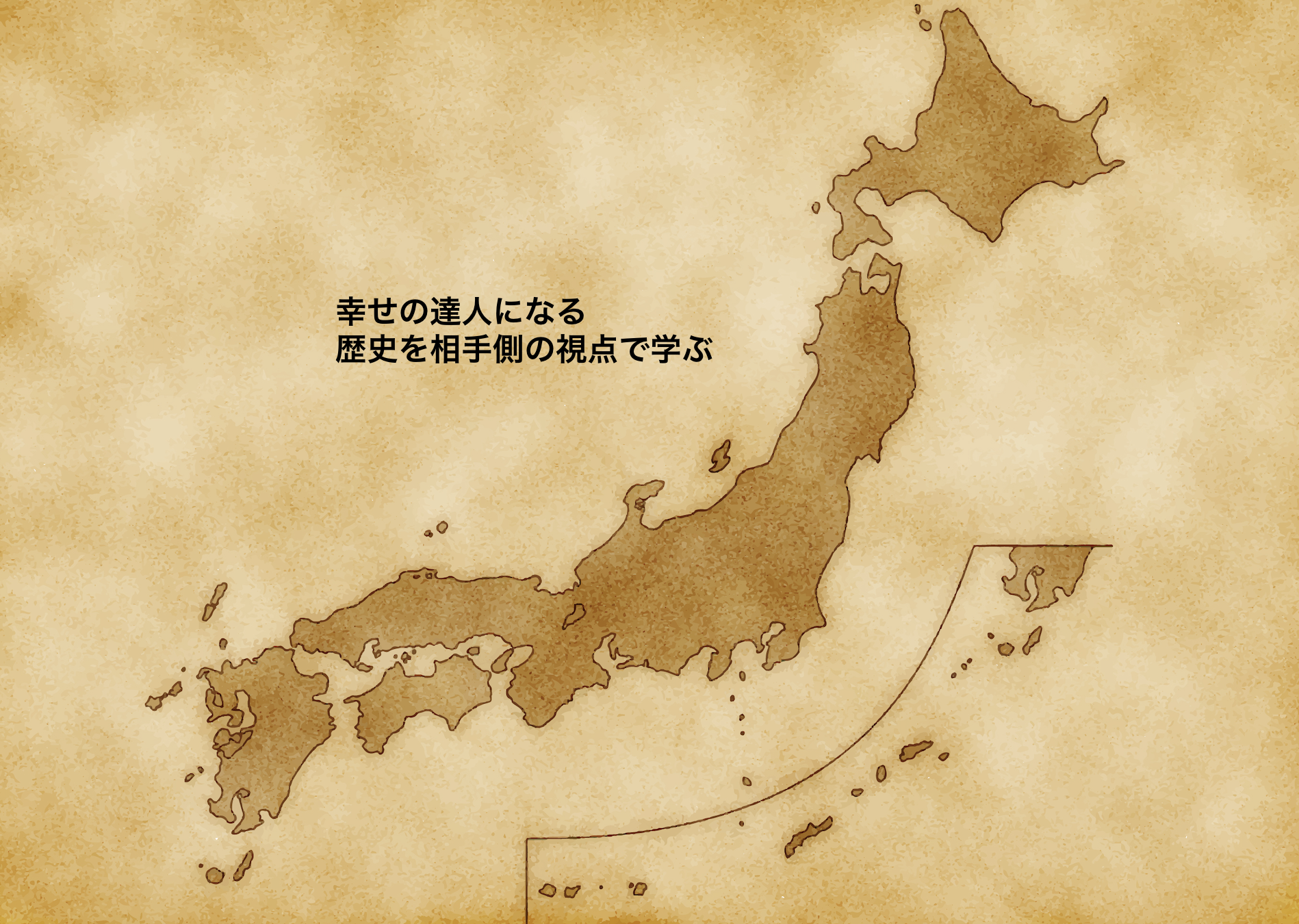
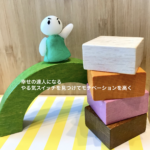
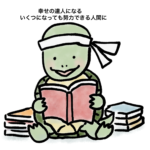





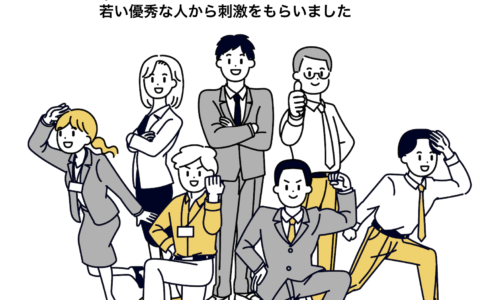

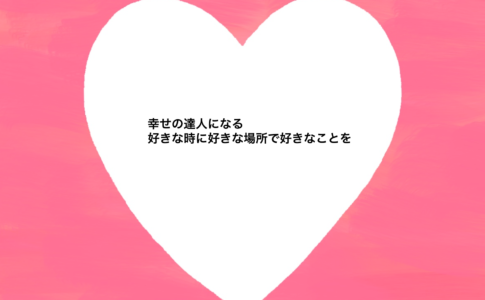
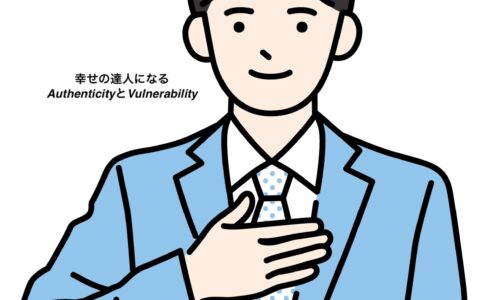
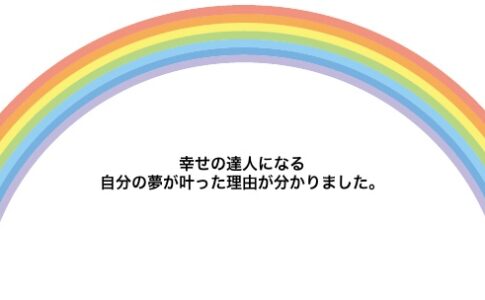
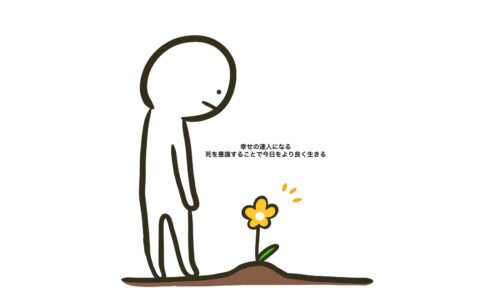
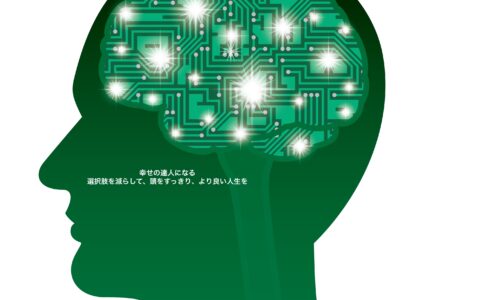

地政学って、その国にとっての正義が、あちらの国では悪になったりで、お互いが理解し合うのが難しいですね。今何冊か外国人の書いた日本の本を読んでいますが、物事を客観的に見て、自分の視野を拡げていくことってとても大事なことだと思いました。